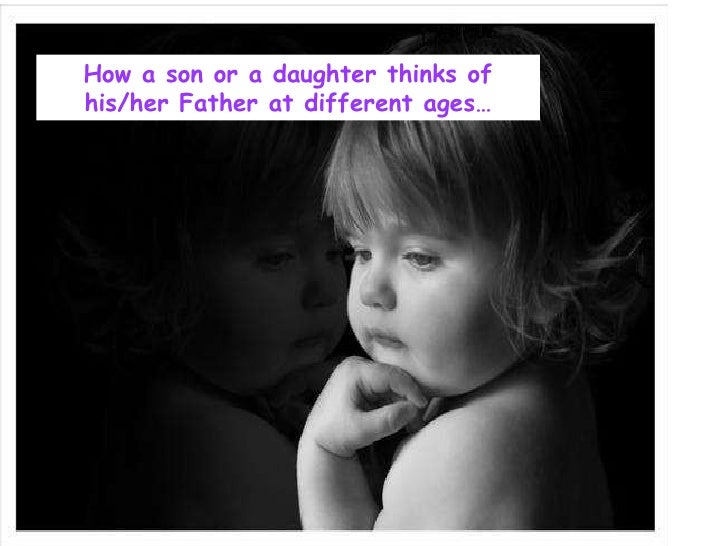COVID-19 is an infectious disease caused by a new coronavirus discovered after an outbreak in Wuhan, China, in December 2019.
Since the initial outbreak, this coronavirus, known as SARS-CoV-2, has spread to more than 100 countries around the world, and has affected many thousands of people.
As yet, there’s no vaccine against the novel coronavirus. Researchers are currently working on creating a vaccine specifically for this virus, as well as potential treatments for COVID-19.
Not everyone with a SARS-CoV-2 infection will feel ill. Some people may even contract the virus and not develop symptoms. When there are symptoms, they’re usually mild and tend to come on slowly.
COVID-19 seems to cause more severe symptoms in older adults and people with underlying health conditions, such as chronic heart or lung conditions.
- Gauge how sick you are. Ask yourself how likely it is that you came into contact with the coronavirus. If you live in a region that has had an outbreak, or if you’ve recently traveled abroad, you may be at an increased risk of exposure.
- Call your doctor. If you have mild symptoms, call your doctor. To reduce transmission of the virus, many clinics are encouraging people to call or use live chat instead of coming into a clinic. Your doctor will evaluate your symptoms and work with local health authorities and the Centers for Disease Control and Prevention (CDC) to determine if you need to be tested.
- Stay home. If you have symptoms of COVID-19 or another type of viral infection, stay home and get plenty of rest. Be sure to stay away from other people and avoid sharing items like drinking glasses, utensils, keyboards, and phones.
The novel coronavirus is primarily
transmitted from person to person. At this point, the best way to prevent getting infected is to avoid being around people who have been exposed to the virus.
Additionally, according to the
CDCTrusted Source, you can take the following precautions to lower your risk of infection:
- Wash your hands thoroughly with soap and water for at least 20 seconds.
- Use hand sanitizer with at least 60 percent alcohol if soap isn’t available.
- Avoid touching your face unless you’ve recently washed your hands.
- Stay clear of people who are coughing and sneezing. The CDC recommends standing at least 6 feet away from anyone who appears to be sick.
- Avoid crowded areas as much as possible.
-
If your symptoms are more severe, supportive treatments may be given by your doctor or at a hospital. This type of treatment may involve:
- fluids to reduce the risk of dehydration
- medication to reduce a fever
- supplemental oxygen in more severe cases
People who have a hard time breathing on their own due to COVID-19 may need a respirator.






















